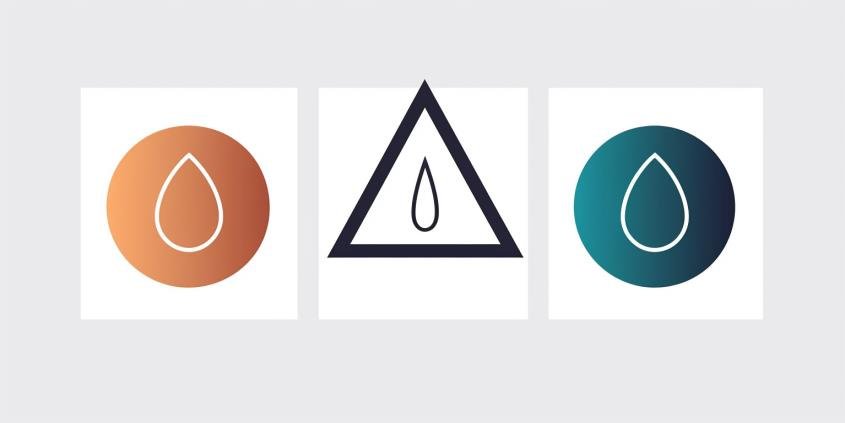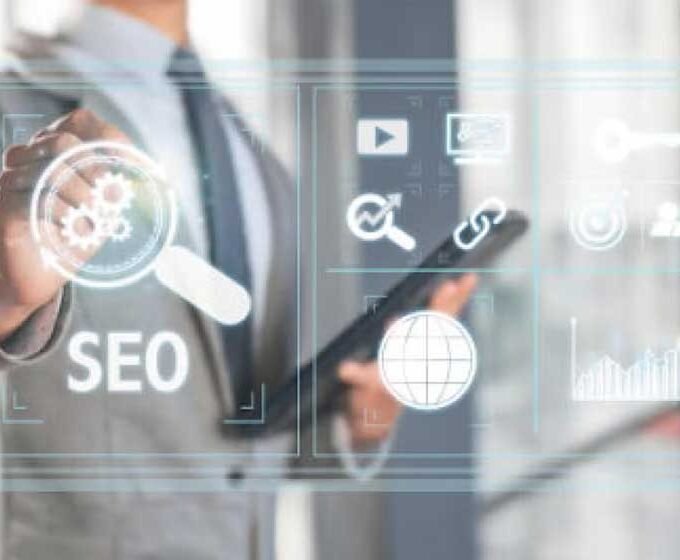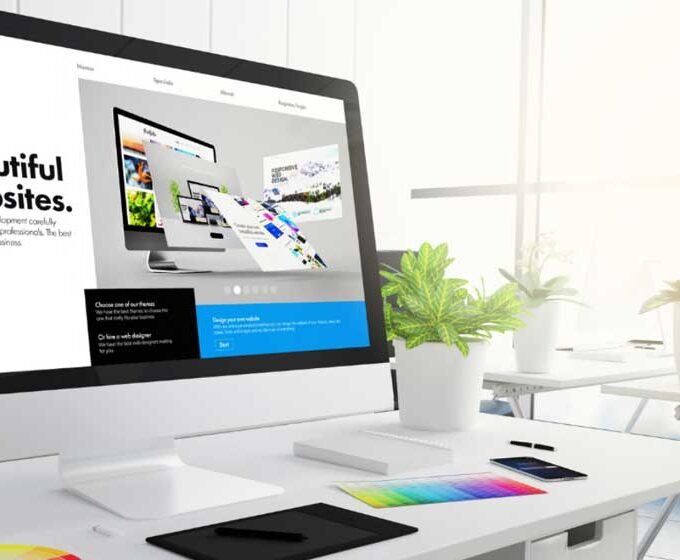In the fast-paced digital age, establishing a unique and memorable online identity is paramount for businesses and individuals alike. A well-crafted logo serves as the cornerstone of this identity, conveying a brand’s values, personality, and vision. With the advent of Artificial Intelligence (AI), logo design has undergone a transformative shift, offering unprecedented opportunities for creativity and efficiency. Our experienced designers understand the importance of a cohesive logo.
The Rise of AI in Logo Design
Traditionally, crafting a logo required skilled graphic designers, extensive market research, and a significant investment of time and resources. However, with the emergence of AI-powered logo design tools, the process has become more accessible, cost-effective, and efficient.
AI algorithms, particularly those leveraging Generative Adversarial Networks (GANs) and deep learning, can analyze vast datasets of existing logos, discern design patterns, and generate unique, customized logos tailored to specific brands. This innovative technology empowers businesses and individuals to have professional-grade logos within a fraction of the time it would take through conventional methods. Infused with AI innovation, Turbologo logo generator becomes a creative collaborator, suggesting designs that seamlessly align with your preferences and aspirations.
Tailoring Brand Identities
One of the most compelling features of AI-powered logo design is its ability to adapt to individual brand identities. These algorithms can incorporate a brand’s color palette, typography, and even its mission statement, ensuring that the resulting logo seamlessly integrates with the overall brand image.
Furthermore, AI can generate variations of a logo to cater to different platforms and use cases. Whether it’s for a website, social media profile, or printed collateral, AI can adapt and refine the logo for optimal visibility and impact.
Enhancing Creativity and Iteration
AI tools do not merely automate the design process; they also enhance creativity and foster iteration. Designers can input their vision, and the AI system will generate numerous options, each with its own unique twist. This iterative process allows for exploration and experimentation, ultimately leading to a logo that best represents the brand.
Moreover, AI algorithms excel at incorporating feedback. Designers can fine-tune the generated logos, providing specific instructions for modifications. This dynamic interaction between human creativity and AI capabilities leads to logos that are refined, distinctive, and aligned with the brand’s essence.
Efficiency and Cost-Effectiveness
Traditional logo design processes often require extensive back-and-forth communication between designers and clients, leading to prolonged timelines and increased costs. AI-powered design tools streamline this process, enabling rapid iterations and revisions. This not only saves time but also reduces the financial investment associated with logo creation.
Furthermore, AI-driven design platforms typically operate on a subscription-based model or offer pay-as-you-go options, making them accessible to businesses of all sizes, including startups and individual entrepreneurs.
Ethical Considerations
While AI-powered logo design offers incredible advantages, it’s important to consider the ethical implications. Designers and businesses must ensure that the logos generated by AI do not infringe on copyrights or trademarks of existing brands. Additionally, there should be transparency about the use of AI in the logo creation process to maintain trust with clients and customers.
Conclusion
The integration of AI in logo design represents a significant leap forward in the world of branding and online identity. By combining the ingenuity of human designers with the computational power of AI, businesses and individuals can now create logos that are not only visually compelling but also aligned with their unique brand identities. As this technology continues to evolve, it is poised to revolutionize how logos are conceptualized and crafted in the digital landscape, ushering in a new era of online identity.
















